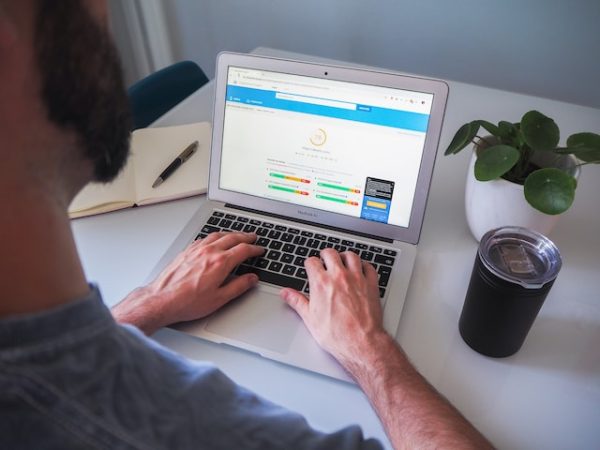
- Why is On-Page SEO Important?
- What are the Benefits of On-Page SEO?
- How to Optimize Your Website for On-Page SEO
- Choose the Right Keywords
- Use Relevant Keywords Throughout Your Website’s Content
- Create High-Quality Content
- Optimize Your Website’s Title Tags and Meta Descriptions
- Use Internal Links
- Get Backlinks from Other Websites
- Conclusion
The Ultimate Guide to On-Page SEO for Digital Marketers . On-page SEO is the process of optimizing your website’s content and code to improve its ranking in search engine results pages (SERPs). By optimizing your website for relevant keywords, you can attract more visitors to your site and boost your website’s traffic.
Why is On-Page SEO Important?
On-page SEO is an essential part of any digital marketing strategy. By optimizing your website for relevant keywords, you can improve your website’s ranking in SERPs and attract more visitors to your site. This can lead to increased website traffic, leads, and sales.
What are the Benefits of On-Page SEO?
There are many benefits to on-page SEO, including:
- Increased website traffic
- More leads and sales
- Improved brand reputation
- Increased website authority
- Improved website conversion rates
How to Optimize Your Website for On-Page SEO
There are many things you can do to optimize your website for on-page SEO, including:
- Choose the right keywords
- Use relevant keywords throughout your website’s content
- Create high-quality content
- Optimize your website’s title tags and meta descriptions
- Use internal links
- Get backlinks from other websites
Choose the Right Keywords
The first step to on-page SEO is to choose the right keywords. When choosing keywords, you need to consider the following factors:
- Search volume
- Competition
- Relevance
You can use a keyword research tool to help you choose the right keywords.
Use Relevant Keywords Throughout Your Website’s Content
Once you have chosen your keywords, you need to use them throughout your website’s content. However, it is important to use keywords naturally and avoid keyword stuffing.
Create High-Quality Content
High-quality content is essential for on-page SEO. Your content should be informative, engaging, and relevant to your target audience.
Optimize Your Website’s Title Tags and Meta Descriptions
Your website’s title tags and meta descriptions are important for on-page SEO. Your title tag should be descriptive and include your target keywords. Your meta description should be brief and informative.
Use Internal Links
Internal links are links from one page on your website to another. Internal links can help improve your website’s ranking in SERPs and boost your website’s traffic.
Get Backlinks from Other Websites
Backlinks are links from other websites to your website. Backlinks can help improve your website’s ranking in SERPs and boost your website’s traffic.
Conclusion
On-page SEO is an important part of any digital marketing strategy. By optimizing your website for relevant keywords, you can improve your website’s ranking in SERPs and attract more visitors to your site. This can lead to increased website traffic, leads, and sales.
Here are some additional tips for on-page SEO:
- Make sure your website is mobile-friendly.
- Use a responsive design so that your website looks good on all devices.
- Optimize your website for speed.
- Keep your website up-to-date with fresh content.
- Monitor your website’s performance and make adjustments as needed.
By following these tips, you can improve your website’s on-page SEO and boost your website’s ranking in SERPs.
Read More:
- The Top 7 Free Tools To Boost Your Blog’s Search Engine Visibility
- simple tips for improving your websites SEO For Beginner
- How to Use Email Marketing to Grow Your Business
- How to Create a Successful Content Marketing Campaign
- The Ultimate Guide to Search Engine Optimization (SEO)





